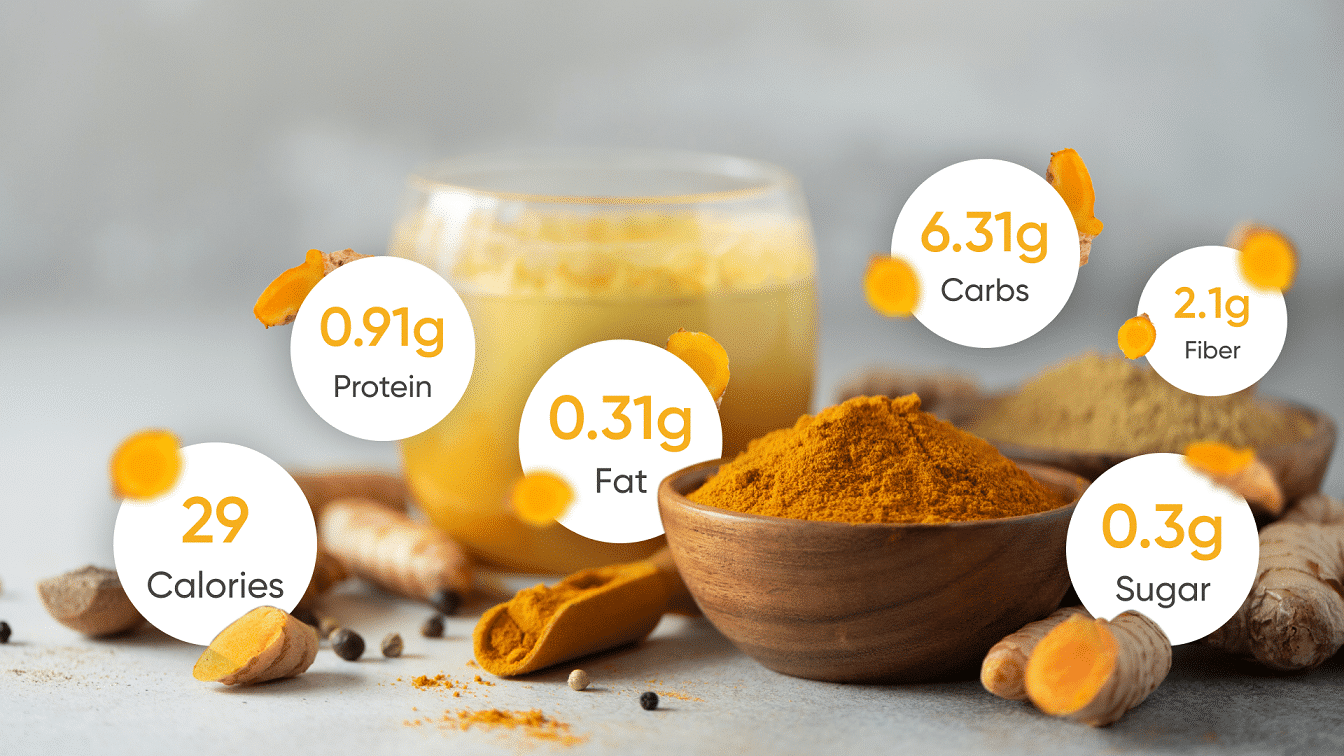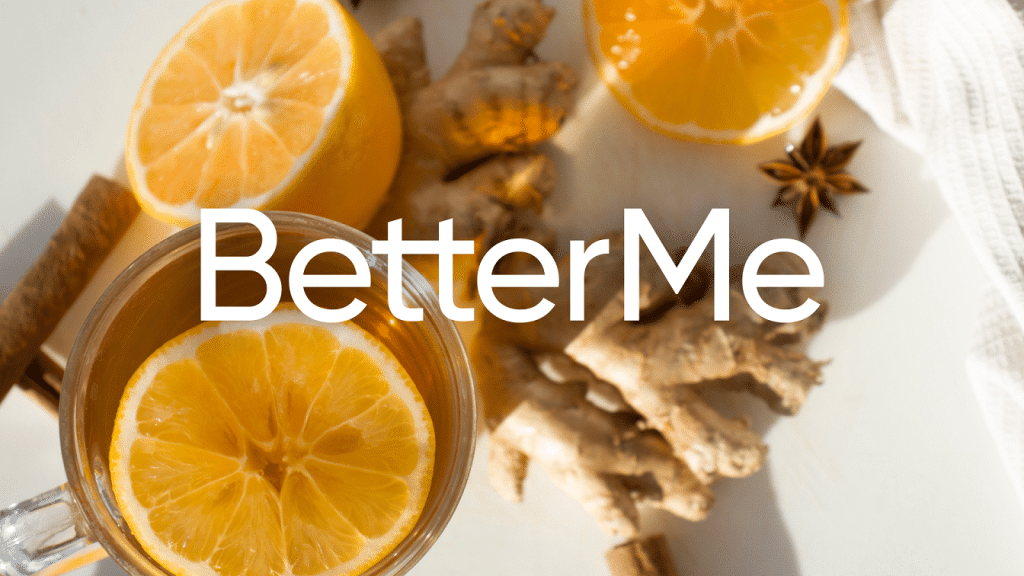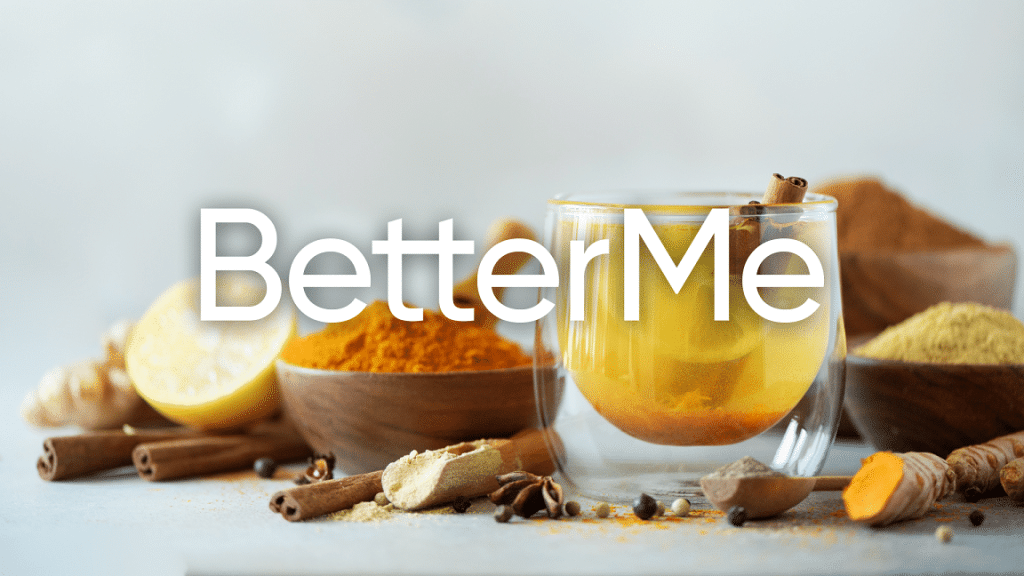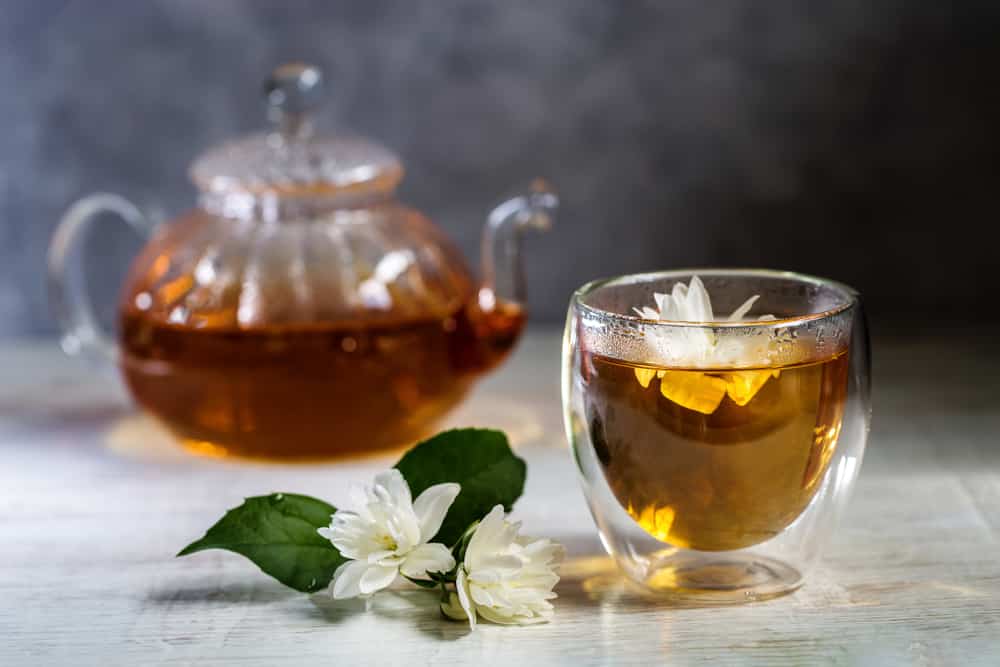It’s not just the taste that makes ginger and turmeric popular. These two ingredients are also well-known for their possible health benefits, including soothing stomach pain, reducing inflammation, and fighting cancer cells. But how do they work? And what other side effects should you know about? Read on to find out!
What Is Ginger Turmeric Tea?
Ginger turmeric tea is a popular drink consisting of ginger, turmeric, and hot water. However, there are different recipes for this type of drink, so it’s important to know which ingredients are in the one you’re drinking.
The most common recipe for ginger turmeric tea contains ginger, cinnamon, honey, and turmeric. Together, these ingredients may have a number of health benefits.
What Is Turmeric?
Turmeric is a spice commonly used in Indian, Middle Eastern, and Southeast Asian cooking. It has an earthy flavour that can be described as slightly bitter with a peppery kick, meaning it works well with other spices like coriander, chilli pepper, cumin, and fenugreek.
Much of the health benefits of ginger turmeric tea are attributed to its main ingredient, turmeric. This golden spice contains a compound called curcumin, which offers the most benefits. It also has small amounts of other nutrients, including iron, calcium, and copper.
Turmeric Nutrition Facts
According to the United States Department of Agriculture (USDA) National Nutrient Database, one tablespoon of turmeric powder contains (6):
- 29 calories
- 0.91 grams of protein
- 0.31 g of fat
- 6.31 g of carbohydrates
- 2.1 g of fiber
- 0.3 g of sugar
- 81 percent of daily manganese needs
- 29 percent of daily iron
- 4 percent of daily potassium
Read More: Barley Tea Benefits, Nutrients, Side Effects, And How To Prepare It
Turmeric Health Benefits
Turmeric has a long history in both eastern and western medicine. Some of the most notable benefits may include:
Reducing Inflammation
Turmeric reduces inflammation through the anti-inflammatory activity of curcumin (1).
Improving Heart Health
There is evidence that curcumin can help lower cholesterol and triglyceride levels (1).
Fighting Cancer Cells
Curcumin is being studied for its potential ability to prevent cancer formation and slow the spread of cancer in the body (1).
Preventing Alzheimer’s Disease
As an anti-inflammatory agent, curcumin might help prevent Alzheimer’s disease and other diseases in which inflammation plays a role (1).
Reducing Symptoms Of Arthritis
Studies have shown turmeric can decrease inflammation and pain associated with arthritis (1).
Turmeric Side Effects
While turmeric has a number of benefits to offer, there are a few side effects to be aware of.
Gastrointestinal Side Effects
A number of studies have found that large doses of curcumin (greater than 2000 mg/day) can cause stomach and intestinal irritation (1).
Decreased Blood Clotting
Curcumin may slow blood clotting, meaning those who take blood thinners should be cautious when adding curcumin to their diet (5).
Decreased Iron Absorption
Curcumin may also decrease iron absorption. Those who are at risk of anemia should speak with their doctor before adding turmeric to their diet (3).
Interactions With Certain Medications
Curcumin supplements can interact with several different medications, including ones used for cancer treatments, heart conditions, and depression (4).
Turmeric should not be used in place of conventional medical treatments. If you are pregnant, breastfeeding, or have a serious health condition, speak to your doctor before adding turmeric to your diet.
What Is Ginger?
Ginger is a flowering plant that is most commonly used as a spice. The root of the plant called the fruit has many health benefits and can be eaten raw, dried, boiled, fried, cooked into food or even steeped for tea.
If you wish to free yourself from all the extra pounds that have been weighting you down for way too long, start using the BetterMe app and overhaul your entire life!
Ginger Nutrition Facts
Ginger contains very few vitamins and minerals. Since it is typically eaten in small quantities, people generally don’t get many nutrients from it.
Unique compounds within ginger are thought to be the primary source of its health benefits. These include gingerol, shogaols, zingiberene, and zingerone.
Gingerols
The most well-researched compounds within ginger are gingerols. These substances can be highly antioxidant, reducing free radicals in the body that may cause cell damage and disease (2).
Shogaols
Similarly, shogaols are another type of antioxidant that may be found in ginger. These substances may help block metabolic pathways that lead to inflammation and tumor growth (2).
Zingiberene And Zingerone
Zingiberene and zingerone are natural plant compounds within ginger root which have been shown in some studies to have anti-inflammatory effects (2).
Ginger Health Benefits
Ginger has a long history in both eastern and western medicine. Some of the most notable benefits include:
Fighting Bacteria And Viruses
Ginger has been shown to have antimicrobial, antioxidant, and anti-inflammatory properties. This makes it useful for fighting off infections from bacteria, viruses, and parasites (2).
Relieving Nausea
Ginger can help your digestive system by relieving nausea and vomiting. It has been studied primarily as a treatment for nausea due to cancer treatment and nausea in early pregnancy (2).
Reducing Inflammation And Arthritis Symptoms
Ginger is thought to have similar anti-inflammatory properties as turmeric. It may aid in treating arthritis and other inflammatory conditions by reducing pain, swelling, and stiffness (2).
Lowering Cholesterol And Blood Sugar
Studies suggest that ginger may help lower LDL (bad) and total cholesterol in your blood, as well as improve markers of blood sugar control (2).
Reducing Inflammation And Pain Associated With Menstrual Cramps
Due to its ability to reduce inflammation, ginger may be useful in reducing the pain associated with menstrual cramps (2).
Fighting Free Radicals And Cancer
As mentioned above, ginger is rich in antioxidants. While more research is needed, ginger supplementation is thought to have anti-tumor properties and may help fight against colorectal and other cancers (2).
Improving Muscule Recovery
Ginger was seen in one study to help improve recovery times after exercise (7).
Read More: Lemongrass Tea Benefits, Side Effects, And More
Ginger Side Effects
While ginger is generally considered safe and well-tolerated, some people may experience negative side effects from eating too much of it. The most common complaints include: nausea, heartburn, and dizziness (2).
Ginger contains moderate doses of oxalates which may cause problems for people with conditions like kidney stones (8).
As always, it is best to speak with your doctor if you have specific concerns about eating ginger or turmeric since both may interact with certain medications.
Turmeric Ginger Tea Weight Loss – Does It Work?
Many people drink ginger turmeric tea for weight loss. They say it cleanses the body, boosts metabolism, and burns fat. However, there is no scientific research that proves these claims.
Each of the spices can aid in weight loss in some ways, but they work through different mechanisms. Ginger is a powerful anti-inflammatory that reduces aches and pains. It may also reduce feelings of hunger (2). Meanwhile, turmeric helps to regulate blood sugar levels which can aid in weight loss among diabetics (1).
That said, weight loss can only happen if the calories you consume through food and drinks are less than the number of calories your body uses up. If you’re not eating a healthy diet – including plenty of fruit and vegetables – then any tea, however magical it claims to be, will have little effect on your weight.
Along with ginger turmeric tea, you must also maintain a healthy diet and exercise regularly to see results.
Yanking yourself back in shape has never been so easy with our game-changing fitness app! Start transforming your life with BetterMe!
Ginger Turmeric Tea – How To Prepare It?
The most common recipe for a ginger turmeric drink calls for adding one teaspoon of grated root and another teaspoon of turmeric powder into a cup of boiling water, then steeping it for ten minutes.
This mixture is then strained and sweetened with a tablespoon of honey or sugar before drinking it. Some people choose to add cinnamon or lemon as well for an added flavor and health benefit.
Alternatively, you can make a ginger turmeric paste by mixing the ingredients in a mortar and pestle. When you add the paste to warm water it will dissolve and create a tea.
The Bottom Line
There’s no doubt that ginger and turmeric are great additions to the kitchen. Not only do they taste good, but they might have health benefits too. However, these spices are not a magic solution for weight loss. Instead, you need to eat a healthy diet while also exercising regularly if you want to see results.
Also, talk to your doctor before taking any supplements to make sure that they will not interfere with other medications you may be taking.
Get your personalized
meal plan!
DISCLAIMER:
This article is intended for general informational purposes only and does not serve to address individual circumstances. It is not a substitute for professional advice or help and should not be relied on for making any kind of decision-making. Any action taken as a direct or indirect result of the information in this article is entirely at your own risk and is your sole responsibility.
BetterMe, its content staff, and its medical advisors accept no responsibility for inaccuracies, errors, misstatements, inconsistencies, or omissions and specifically disclaim any liability, loss or risk, personal, professional or otherwise, which may be incurred as a consequence, directly or indirectly, of the use and/or application of any content.
You should always seek the advice of your physician or other qualified health provider with any questions you may have regarding a medical condition or your specific situation. Never disregard professional medical advice or delay seeking it because of BetterMe content. If you suspect or think you may have a medical emergency, call your doctor.
SOURCES:
- Curcumin: A Review of Its Effects on Human Health (2017, nih.gov)
- Ginger on Human Health: A Comprehensive Systematic Review of 109 Randomized Controlled Trials (2020, nih.gov)
- Iron Deficiency Anemia Due to High-dose Tumeric (2019, nih.gov)
- Pharmacokinetic interactions of curcuminoids with conventional drugs: A review (2017, pubmed.gov)
- Potential interactions between alternative therapies and warfarin (2000, pubmed.gov)
- Spices, turmeric, ground (2019, usda.gov)
- The Effects of Pre-Exercise Ginger Supplementation on Muscle Damage and Delayed Onset Muscle Soreness (2015, pubmed.gov)
- Total and soluble oxalate content of some Indian spices (2012, pubmed.gov)
- Turmeric: Potential Health Benefits (2020, lww.com)













